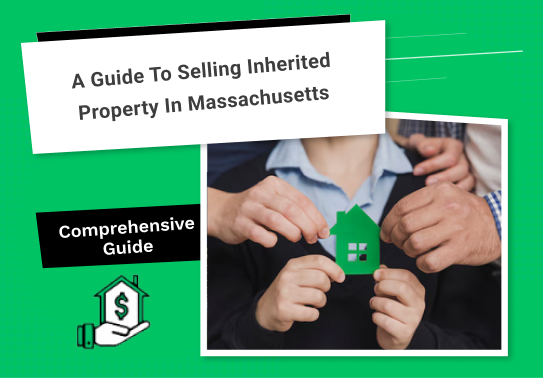
What is a foreclosure auction?
A foreclosure auction is like others. Like any auction, it will work the same way: bidders will bid, and the highest bid will get the house. But the main difference is the involvement of courts. What are the types of Foreclosures?
Non-judicial and judicial are the two main types of foreclosure.
Non-Judicial Foreclosure: As the name indicates, this does not involve any court visits. The lender follows a specific protocol established by the state of Massachusetts.
Judicial Foreclosure: In this, both parties file the lawsuit, and then the process starts.
In the state of Massachusetts, there is also a deficient judgment. This means the lender is liable to pay the remaining mortgage once the home is sold. For example, if the house gets sold at the auction for $50,000 but still owes $70,000 on the loan, you are liable to pay the remaining $20,000 to the lender.
How does foreclosure work in Massachusetts?
There is no fixed rule on how foreclosure works. However, every state of the United States, including Massachusetts, has a specific guideline that needs to be followed. After selling the house, the lender must have a minimum of four months’ time to start the foreclosure proceedings. If you have paid any mortgage payment during this 120-day threshold, this timeline keeps getting extended.
While there are a few advantages to foreclosure, there are also disadvantages. Financial constraints are a prevailing issue in Massachusetts, which directly affects new homeowners. Houses available for foreclosure often saw their initial owner’s bankruptcy. The sad news is that foreclosure houses lose their original value during the auction.
How do foreclosure auctions work?
Selling a house in foreclosure in Massachusetts involves multiple steps. The procedures start with the mortgage lender’s official note arriving. The following are the five steps of the entire procedure.
- Default
The problem starts when the lender has not paid any mortgage in the last three months. This is the major red flag in the initial pre-foreclosure.
- Default Notice
Once the owner has not paid in the past 90 days, the lender is bound to send the default notice to the house owner. This delays the homeowner making some payments.
- Warning of Auction
This is where the nightmare starts from. By joining hands with their trustee auction house, the lender lists the home for sale on a decided date. The plus point is that the auctions do not give any near date. Their timeline starts after 120 to 150 days.
- Auction
After giving so many deadlines, if the house owner does not make any payment, then eventually, the house needs to be auctioned. As per the rules, the highest bidder who fulfills the criteria for the foreclosure sale in Massachusetts will get the house. Here is still a catch because few states in the United States can push the potential offers from competing buyers for months before transferring the house to the buyers’ name.
- Eviction
Once the offer has been finalized, the house owner may face eviction. This states that the residents must leave the house immediately. After the eviction notice, a few people from the court may visit to check eviction enforcement.
If the auction price does not justify the price of the house, the house can be owned by the bank or real estate. This means that the lender can take the house into their possession.
Want to Sell Your Foreclosure House? I Buy Places is Your Go to Resource
If you want to sell your foreclosure house without getting into the auction process, I Buy Places is the best place. In Massachusetts, this is an excellent way for house owners to opt to sell their house to a third party without lowering the actual price of the house.
How to stop foreclosures in MA? Concluding Remarks
If the homeowner wants to keep the house, they can agree with the lender to pull it out of foreclosure even if the final sale date is near. This means that the homeowner will make some pending mortgage payments to keep the house, or they can sell it to their desired party.
Another way to stop foreclosures in MA is for the house owner to secure a new source of income, and the lender can give some flexibility to pay off the mortgage installments.
The main purpose of the lender is to keep the house owner in the house, so even in the slightest possibility, the lender shows leniency. By doing so, the lender is also saving their side because there is no way the lender will get the actual price of the house during foreclosure.
FAQs
When did Massachusetts allow foreclosures to proceed? 
Once the homeowner has not made any installment in the past 120 days, the lender is liable to initiate foreclosure.
What is good faith upset foreclosure?
In this, the lender can show modification for the mortgage payment after negotiating with the current house owner.
What happens in foreclosure?
Foreclosures work like an auction, where the highest bidder gets the house. However, most of the time, the bid amount does not justify the price of the house.
Do I really need a foreclosure lawyer?
A foreclosure lawyer can make the process easier for the house owner, but you do not need a lawyer if you intend to live in the house during the foreclosure.
How many missed payments are made in Massachusetts before foreclosure?
Non-payment for 3 months can lead to foreclosure in Massachusetts.